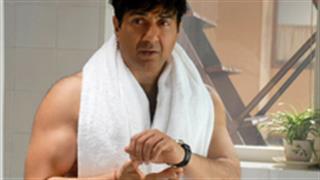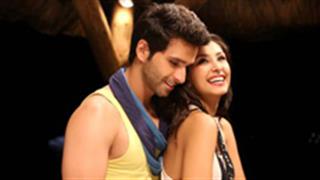Actor Salman Khan's lawyer on Thursday told the Bombay High Court that the prosecution had brought the evidence against Salman in the 2002 hit-and-run case at the "fag end of the trial as a last resort" after other evidence fell apart.
The HC is hearing an appeal filed by Salman against the five-year sentence handed by a sessions court on May 6, for ramming his car into a shop in Bandra, killing one person and injuring four who were sleeping outside. The accident had occurred on September 28, 2002.Amit Desai, arguing for the actor, said, "The only way to resurrect the case against Salman was to place the statement of late Ravindra Patil, the former police bodyguard of the actor, recorded by a magistrate."
In the statement on Oct 1, 2002, Patil had alleged Salman was driving the car under the influence, although in the FIR three days before that, he had not uttered a word about the actor consuming alcohol, Desai said.
"The prosecution decided to bring in the evidence of Patil -- who died in Oct 2007 -- when it saw that witnesses have been discredited during the crossexamination, and serious doubts have been raised on the medical report," Desai alleged.
He argued that the Criminal Procedure Code lays down that the evidence recorded before a magistrate cannot be treated as an evidence before a sessions court. Yet, Patil's statement was treated as evidence before the court. The prosecution knew that Patil was dead, and he would not be available to defence lawyers for cross-examination but still it decided to rely on his statement, he said. The trial court had erred in allowing the statement of Patil to be used as evidence, argued Desai."Previous statement of a witness, not appearing before court, cannot be taken on record," the lawyer argued.
Citing the Supreme Court and the Bombay High Court verdicts, Desai also elaborated in detail Section 326 of the CrPC, which deals with "conviction or commitment on evidence partly recorded by one judge or magistrate and partly by another".
He also referred to Section 33 of Indian Evidence Act, which is about "relevancy of certain evidence for proving, in a subsequent proceeding, the truth of the facts therein stated".
Bodyguard's evidence against actor brought in at last moment: Defence
Saturday, October 17, 2015 08:01 IST




















